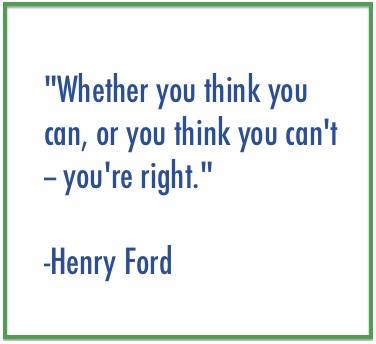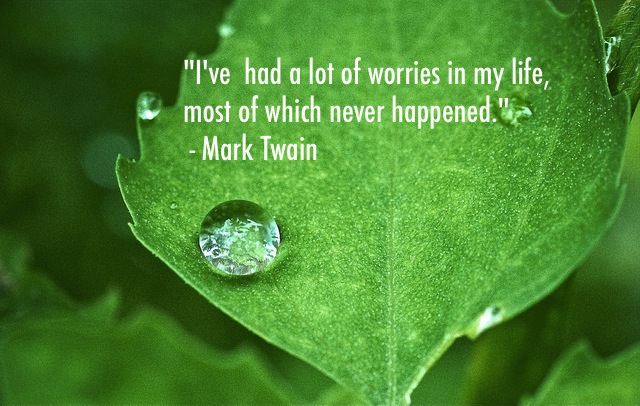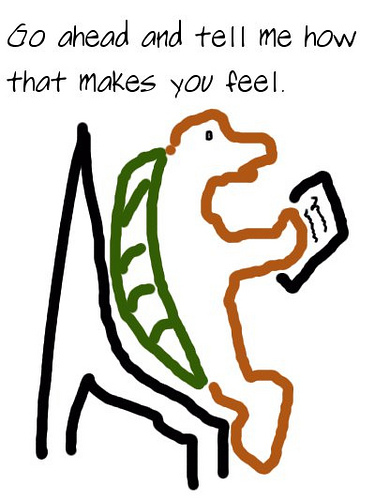Terms of Use and Privacy Policy
Welcome! By using HealthyPsych.com, you agree to our Terms of Use and Privacy Policy.
Disclaimer: The information and other content provided on this site, or in any linked materials, is for informational purposes only and is not intended as medical advice. Please consult directly with your medical provider on your specific needs. Your use of this site to locate a Psych Professional or to engage with members of the social network is voluntary and at your own risk.
Data Privacy: this site uses cookies, Google Ads and Google Analytics. Please see the ‘Do Not Sell My Personal Information’ link at the bottom left of the page to ‘opt-out’ of personalized Google Ads. You can also opt-out of Google targeted advertising by going here: https://adssettings.google.com/. Go to https://tools.google.com/dlpage/gaoptout to opt-out of data collected by Google Analytics. Go to https://us.norton.com/blog/how-to/how-to-clear-cookies to learn how to clear cookies from your browser.
Please read our full Terms of Use and Privacy Policy. If you have any questions, please message us here: Contact Us.
 Photo Credit: Quinn Dombrowski
Photo Credit: Quinn Dombrowski  Photo Credit Hernan Pinera
Photo Credit Hernan Pinera  Meme Credit: HealthyPsych.com
Meme Credit: HealthyPsych.com 





